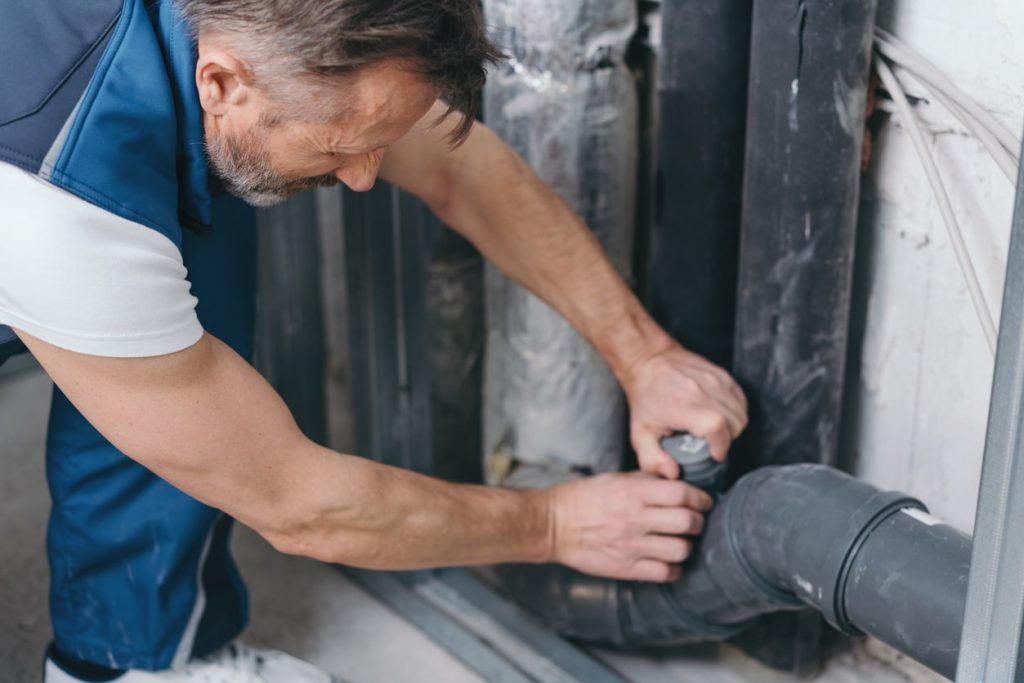All the drainpipes in your house lead to the sewer line, which works hard daily to move gallons of wastewater away from your house. Together they create a complex network of pipes, much of which is underground. Over time, these pipes suffer from wear and tear, and when they do, they become weak and more susceptible to clogs. Those clogs lead to breaks, pipe bursts, and property damage. However, you can follow some simple guidelines to keep the pipes healthy and increase the life span of your sewer line.
There are three things about the sewer line that every homeowner should know:
- You can’t put just anything down the garbage disposal
- Some things simply aren’t flushable
- Grease is always bad for the pipes
Follow these guidelines and periodically perform basic maintenance to protect your sewer line from clogs.
Never Put Grease Down the Drain
When grease is hot, it may seem to easily wash down the drain, but when it cools off, it solidifies. After it does, the hardened grease clogs up the pipes.
Think Twice Before Putting Something in the Garbage Disposal
Certain foods simply can’t be ground up in a garbage disposal without causing problems. Food particles that don’t fully break down stay in the disposal and combine with other food bits, eventually causing a clog. Examples of food you shouldn’t put in a garbage disposal include the following:
- Foods that don’t break down easily — watermelon rinds, banana peels, eggshells
- Stringy foods that get caught around the blades — chicken, pineapple, celery
- Foods that bind together when broken down — for example, nuts that can turn into nut butter
Never Flush Food or Non-Flushable Items Down the Toilet
It may seem like everything’s fine when you flush something down the toilet and it disappears. However, the sewer pipes are long and underground. Therefore, non-flushable items can get caught up in the long pipes and cause a clog.
Also, if you flush food down the toilet, you’ll attract bugs and rodents. Sugary foods attract ants and mice. Mice attract snakes.
Periodically Check for Problems
From time to time, check around the toilet, bathtub, and water-reliant appliances for any leaks, mold, or mildew. Also, check the lawn for strange wet spots or grass that is unusually green. Underground sewer waste can act as a fertilizer.
Don’t Wait If You Need Repairs
It’s important to get plumbing issues resolved quickly to prevent the problem from becoming worse. If you need sewer line repair, our experienced team of licensed plumbers is here to help, so call us today at JW’s in Indianapolis, IN for prompt and efficient service.





